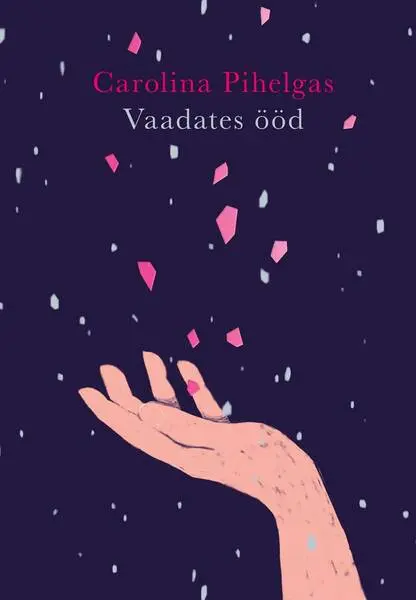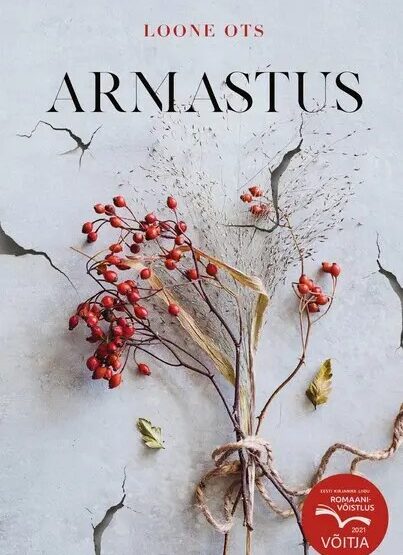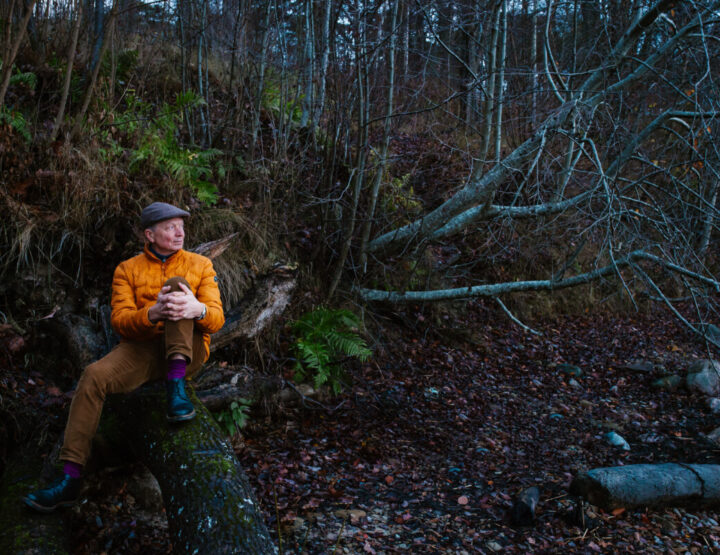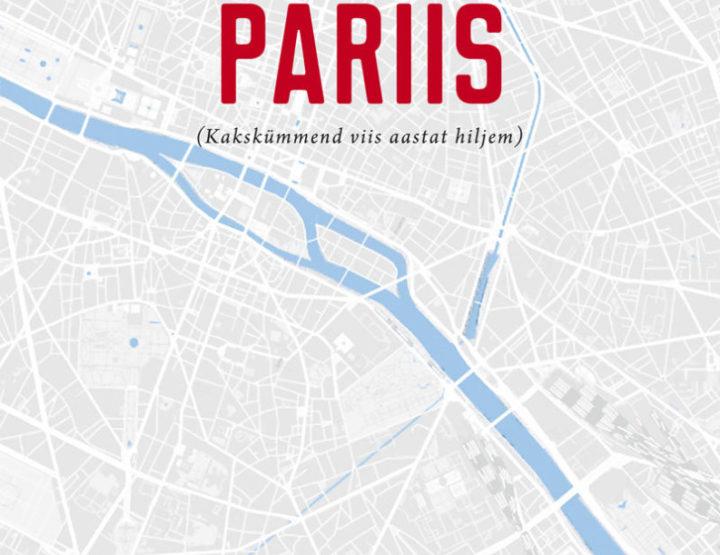Carolina Pihelgas’s debut novel can be labeled as a “kinship book”. Composed with confidence, its plot extends from the recent- to the somewhat-more-distant past in Estonia and Russia. Each of the three equal sections focuses on interrelated characters: a daughter, a grandmother, and a mother. The first is narrated by a woman who starts digging into the family history of her mother, who was adopted. This is followed by a journey into the past, which culminates in the woman’s grandmother, Mariya, giving birth in prison to a daughter named Tatyana, whom she is forced to give up. The third section focuses on Leida (originally Tatyana) as she grows up in an adopted family.
Merciless jaunts of memory are taken into every character’s background, never leaving out the grimmest chapters. One could say the main subject of Pihelgas’s book is the relationship between remembering and forgetting, along with acknowledging one’s origins and their part in defining personal identity. Finding out may be painful, but there’s no avoiding it. “My bones have grown from yours,” the woman says to her grandmother. This naturally applies to her own mother as well.
The first part of the book is primarily an inner monologue about the woman’s mother: that elderly-person smell, heaps of junk, dust on aging possessions, and failed dreams. She is extremely fond of her mother, but also very critical. Page after page describes the inertia and tension in their relationship. When the woman discovers that her mother never knew her own parents, she starts to investigate.
Suffering the hardest fate of any of the characters is Mariya, who comes from a Russian background, has seen her fair share of violence, and was even imprisoned during the Soviet occupation. “Pain is deeper than happiness, greater than love, and we carry it with us along the brink of existence until it finally disintegrates and crumbles,” reflects Mariya (p. 177).
The novel is written in an uncommonly poetic style – in form, though not in substance, it is certainly a poet’s work. Suggestive metaphors construct a highly expressive and richly nuanced landscape of symbolism. It is a great, stylistically elegant tapestry made from an array of yarns and patterns that unravel the many layers of darkness. Although some descriptions may seem excessively cryptic at first, every outstandingly detailed and sensory chapter is important in the story’s development.
“…still, sometimes, I feel as if there are old knots somewhere within me,” says Elli (p. 287), who adopted Leida and burned the papers afterward. Nevertheless, Leida managed to find and read them before being the flames ate them up, learning her true past. Other keywords for the book are lost time, violence, and the transition between darkness and light. The author obviously equates peering into family secrets with peering into the night and, just as the title promises, nights are observed very meticulously throughout the work.
Carolina Pihelgas
Watching the Night
Vaadates ööd
Kaksikhammas, 2022, 294 pp.
ISBN 9789916954737





